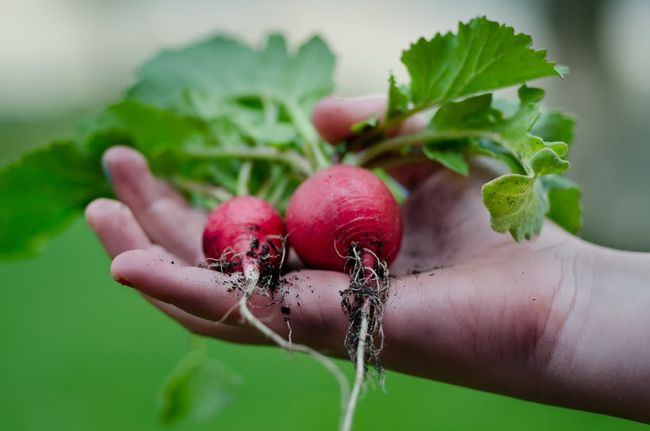
Gardening
Choosing your produce
Various fruit and vegetables may be more suited to your garden and area. Popular choices are often carrots, onions, shallots, cabbages and broad beans. If you want to stick to potted plants, some good choice might be blueberries, strawberries and chilies. You should always look up when the best time of the year is to plant. Potatoes, for example, are best planted in February or March, whilst peas and asparagus grow better when planted in autumn.
Sort out your soil
It may be worth paying someone to analyze your soil, so that you know what and how to grow your produce. Most soil is fine for growing vegetables in, although thin and stony soil can kink carrots and stunt growth. Clay is nutrient filled and ideal for growing crops in summer. However, in winter it can sit cold and wet, killing off plants. If your garden is clay-heavy, building a raised bed for the winter months may be worthwhile.
Declare war on weeds
Before you plant any seeds, you will need to ensure that your plot or patch is totally weed free. You can use chemicals to do this, but you are probably safer manually dealing with weeds. Manually de-weeding can be tedious, so dedicate a day to this. Even after a thorough weeding, docks and couch grass will eventually grow back, so make sure you keep on top of eliminating these plants so that your fruit and vegetables grow well all year round.
Protecting against pests
Slugs and snails are the most common pest you will deal with. As with artificial weed-killers, there are a number of chemical pesticides you can use, but it is far better to use a natural method (here is a list of natural pesticides).
Keeping space in between crops can make it harder for slugs and snails to move from plant to plant, increasing their chances of being picked up by a bird as they cross the soil. Make sure that the grass around your patch is not too close to your crops as sneaky slugs use this to do nighttime raids.
Other pests include squash bugs, aphids and ants. Dogs can sometimes have a tendency to dig vegetables up, as can cats. If you have these as pets, make sure you keep an eye on them or create measures to keep them away such as a fence or chili powder.
You should note that if your garden is inappropriately suited for any of the above reasons, investing in an allotment is always an alternative. The soil will generally be more suited, you will not have to deter your pets, and weeds may be less of a problem.
